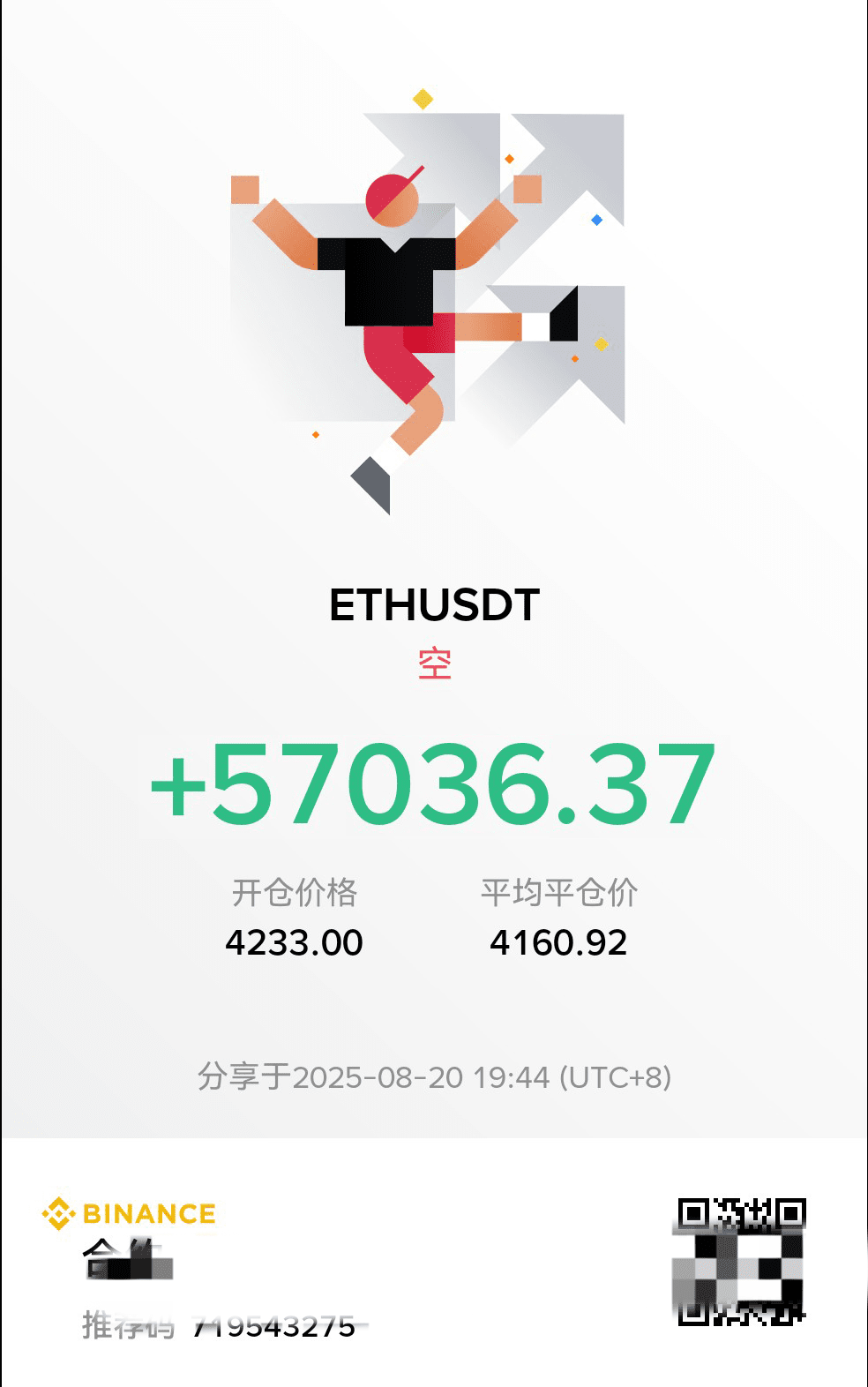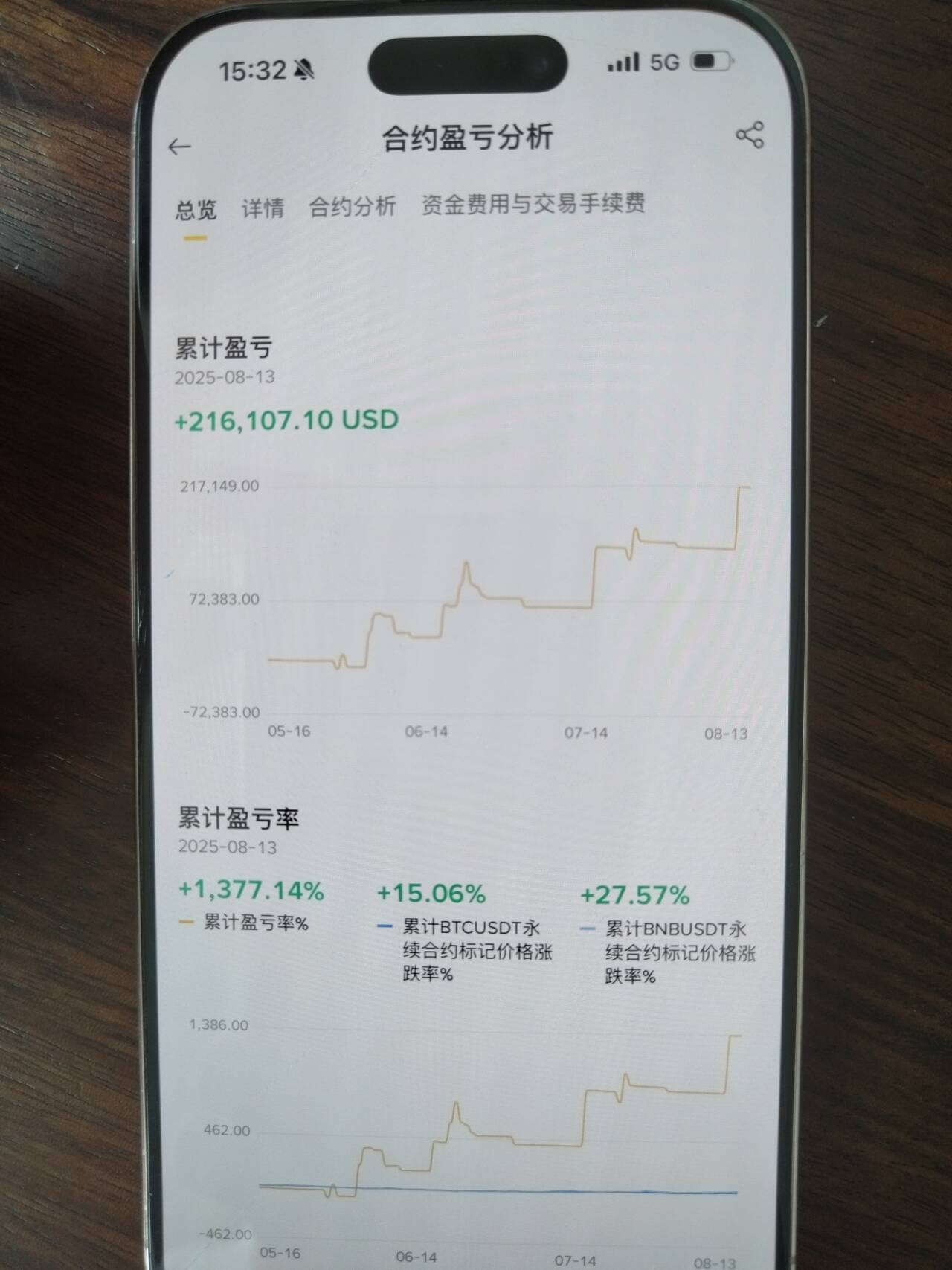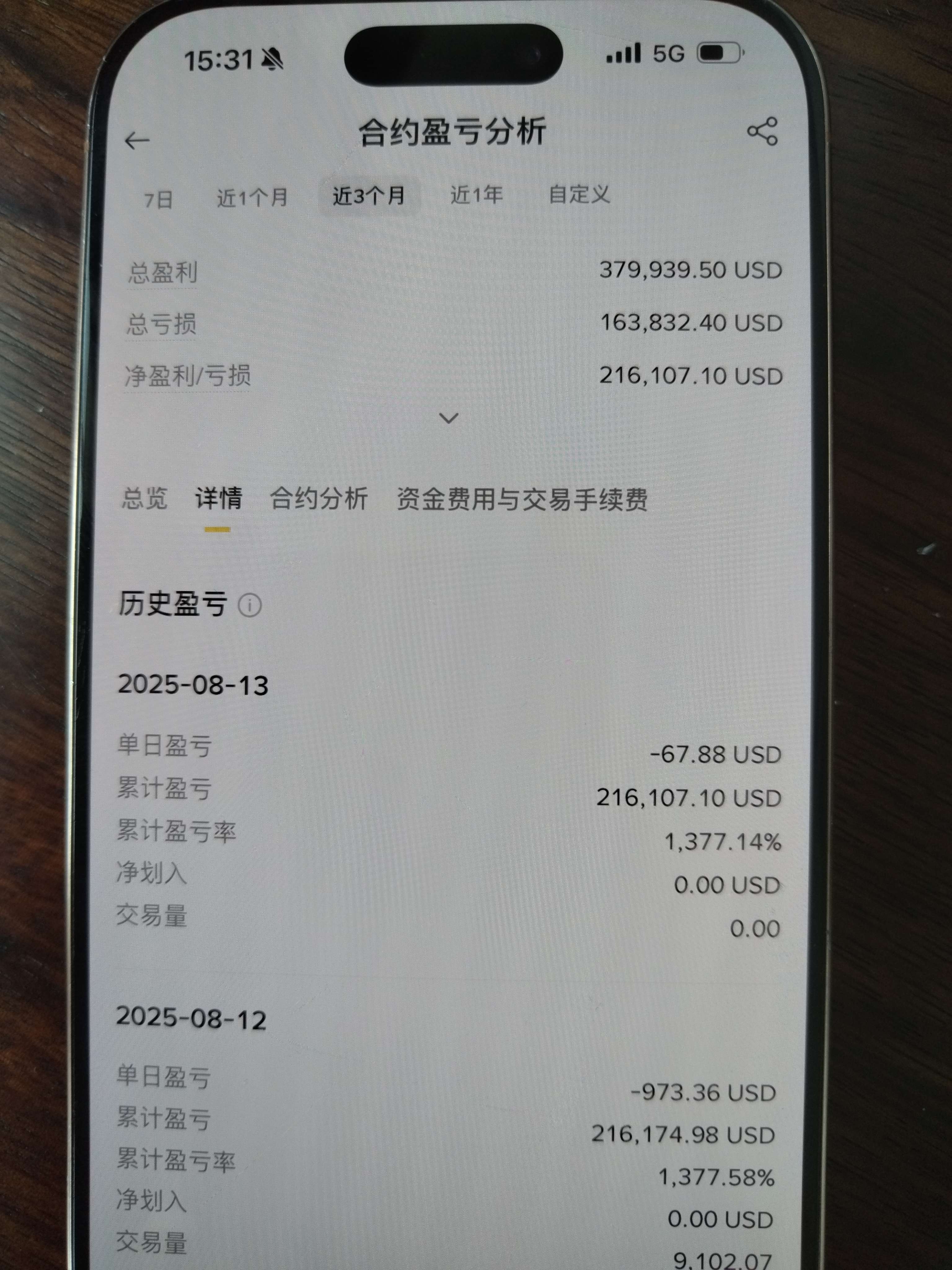On the day I decided to quit my job, I stared blankly at the computer screensaver of the grassland at my workstation. At 30 years old, working at a real estate company with a decent salary, I was pursued daily by KPIs, and the 'anomalies' on my health report stood out more than my work achievements. Plus, I wasn't good at socializing, making my work more challenging.
At that time, I only had 35,000 yuan in savings, which was meant for buying furniture for my parents. With the mindset of 'if it doesn't work out, I can always start over', I spent 3 weeks immersed in various white papers, repeatedly going through the underlying logic of 'air coins' like Bitcoin and Ethereum.
I also posted many of my analyses on the wall.
My first profit: I made 8,000 yuan using a simple method. At first, I didn't dare to invest heavily, so I bought Bitcoin with 8,000 yuan. That was in 2020, when the crypto market had just experienced a crash, and everyone around me was saying, 'virtual currencies are going to die'. I didn't panic, but spent an hour every day studying the candlestick charts.
I didn’t learn technical analysis, but rather studied its fluctuation patterns: I found that there was often a slight drop around 3 AM, and then a slow recovery after 10 AM.
Relying on this 'time difference', I bought low and sold high every day, making a few hundred bucks at a time, and by the end of the month, I surprisingly accumulated 5,000 yuan in profit. Looking back now, it seems quite silly; such operations now would be like 'picking sesame seeds and dropping watermelons'.
But for me at that time, this 8,000 yuan felt like a lifeline—at least it proved that quitting was not an impulsive decision.
The real downfall happened in early 2021. At that time, Dogecoin suddenly became a sensation, with voices everywhere saying, 'Invested 10,000 and earned 100,000!'
In a moment of impulse, I invested the remaining 22,000 yuan principal into it, even adding 2x leverage.
As a result, on the third day after buying, I encountered a crash, losing 15,000 yuan in one day. Looking at my account balance in that moment, my hands and feet turned cold—that was almost all of my money at the time. I couldn't sleep all night, got up at 4 AM to review the logic over and over again, even drawing a mind map and sticking it on the wall.
Looking back now, 80% of those notes are nonsense, but at least they helped me avoid the first pitfall: I didn’t touch those coins that didn’t even have a proper white paper. Seeing screenshots of Musk 'shilling' on Twitter, I suddenly realized: coins that rise and fall based on a celebrity's words are simply not something ordinary people can touch.
The next morning, I cut my losses and liquidated everything, leaving me with only 7,000 yuan. Sitting in my rented room eating steamed buns, I first doubted whether I was crazy: giving up a stable job to gamble on something so elusive.
After a week of feeling down, I dug out my previous notes and realized I had been making a mistake: treating virtual currencies as 'casino chips' without understanding the technological logic behind them.
I started researching Ethereum's smart contracts and found that it was not just a simple 'coin', but more like a decentralized platform where many applications run. At that time, its price had dropped to around 2,000 dollars due to an upgrade, and I calculated: if its ecosystem could really develop, this price was likely underestimated.
I divided the remaining 7,000 yuan into three parts, buying once a week without looking at short-term fluctuations. During that time, I lived very frugally, spending only 20 yuan on groceries each day, and on weekends, I would collect discarded water bottles in the park to sell (don't laugh, I really did it), just to save a bit more to invest.
In the second half of 2021, Ethereum's price soared to over 4,000 dollars, and my principal plus profits had reached 200,000 yuan. I didn’t get carried away but became even more cautious: I converted half of my position into stablecoins and kept the rest.
In the first half of 2022, the market dropped again, and many people panicked and sold.
But I noticed that the number of Ethereum users was still increasing. I gritted my teeth and held on, even adding to my previously converted stablecoins. By the end of 2022, my account had over 6 million yuan.
That night, I sent a screenshot of my account to my best friend, and he replied, 'You're tough.' Actually, it’s not that I’m tough, but that I’ve stepped into too many pitfalls, knowing when to hold on and when to withdraw—like when I started seeing older folks around me asking 'How to buy coins', I knew it was time to gradually reduce my holdings.
Now I've converted most of my money into wealth management and real estate, leaving a small portion to continue researching, but I will never again take such a gamble as before. Occasionally passing by the office building where I used to work, I see the lights on inside and remember that anxious, overworking self.
People often ask me, 'How can I replicate your experience?'
Actually, the answer is very simple: don't believe in the myth of 'easy money'; first, figure out what exactly you are buying.
Don't invest money you need urgently; otherwise, your mindset will collapse.
Most importantly, always leave yourself an escape route.
I could withstand the crash because I knew that if it came to worst, I could always go back to find a job, rather than having the mentality of 'if I lose, I’ll jump off a building'.
In the end, the crypto world and the workplace are not much different: those who can go far are never relying on luck but first understanding the rules and then holding the bottom line.





